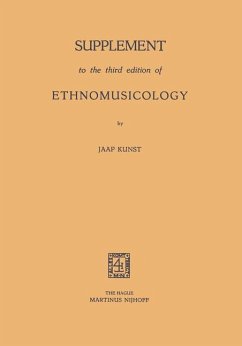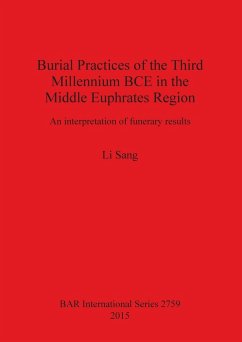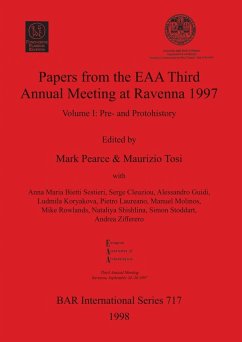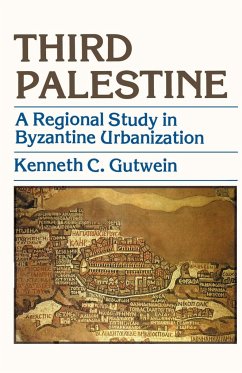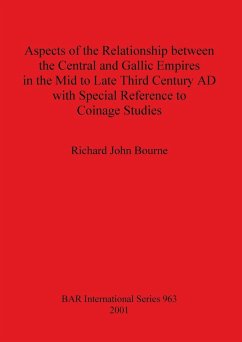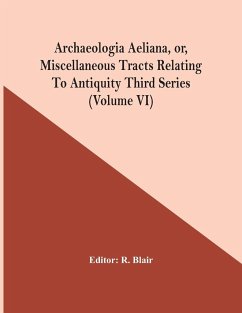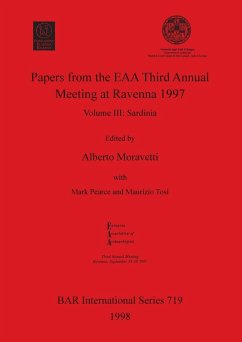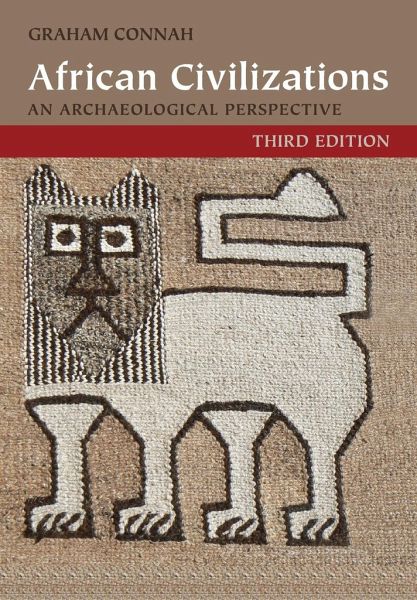
African Civilizations, Third Edition
Versandkostenfrei!
Versandfertig in 1-2 Wochen
44,99 €
inkl. MwSt.

PAYBACK Punkte
22 °P sammeln!
This new revised edition of African Civilizations re-examines the physical evidence for developing social complexity in Africa over the last six thousand years. Unlike the two previous editions, it is not confined to tropical Africa but considers the whole continent. Graham Connah focuses upon the archaeological research of two key aspects of complexity, urbanism and state formation, in ten main areas of Africa: Egypt, North Africa, Nubia, Ethiopia, the West African savanna, the West African forest, the East African coast and islands, the Zimbabwe Plateau, parts of Central Africa and South Afr...
This new revised edition of African Civilizations re-examines the physical evidence for developing social complexity in Africa over the last six thousand years. Unlike the two previous editions, it is not confined to tropical Africa but considers the whole continent. Graham Connah focuses upon the archaeological research of two key aspects of complexity, urbanism and state formation, in ten main areas of Africa: Egypt, North Africa, Nubia, Ethiopia, the West African savanna, the West African forest, the East African coast and islands, the Zimbabwe Plateau, parts of Central Africa and South Africa. The book's main concern is to review the available evidence in its varied environmental settings, and to consider possible explanations of the developments that gave rise to it. Extensively illustrated, including new maps and plans, and offering an extended list of references, this is essential reading for students of archaeology, anthropology, African history, black studies and social geography.





